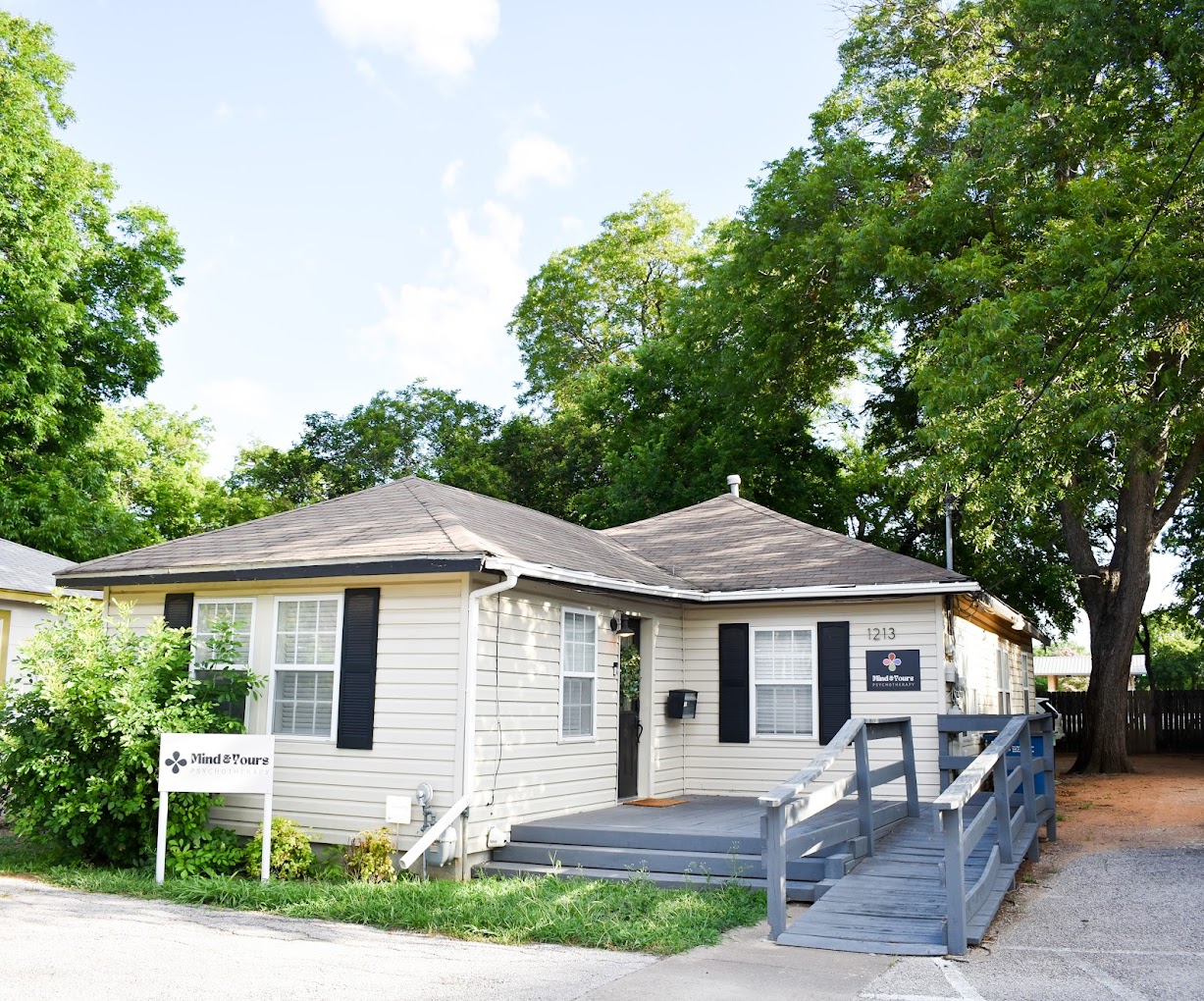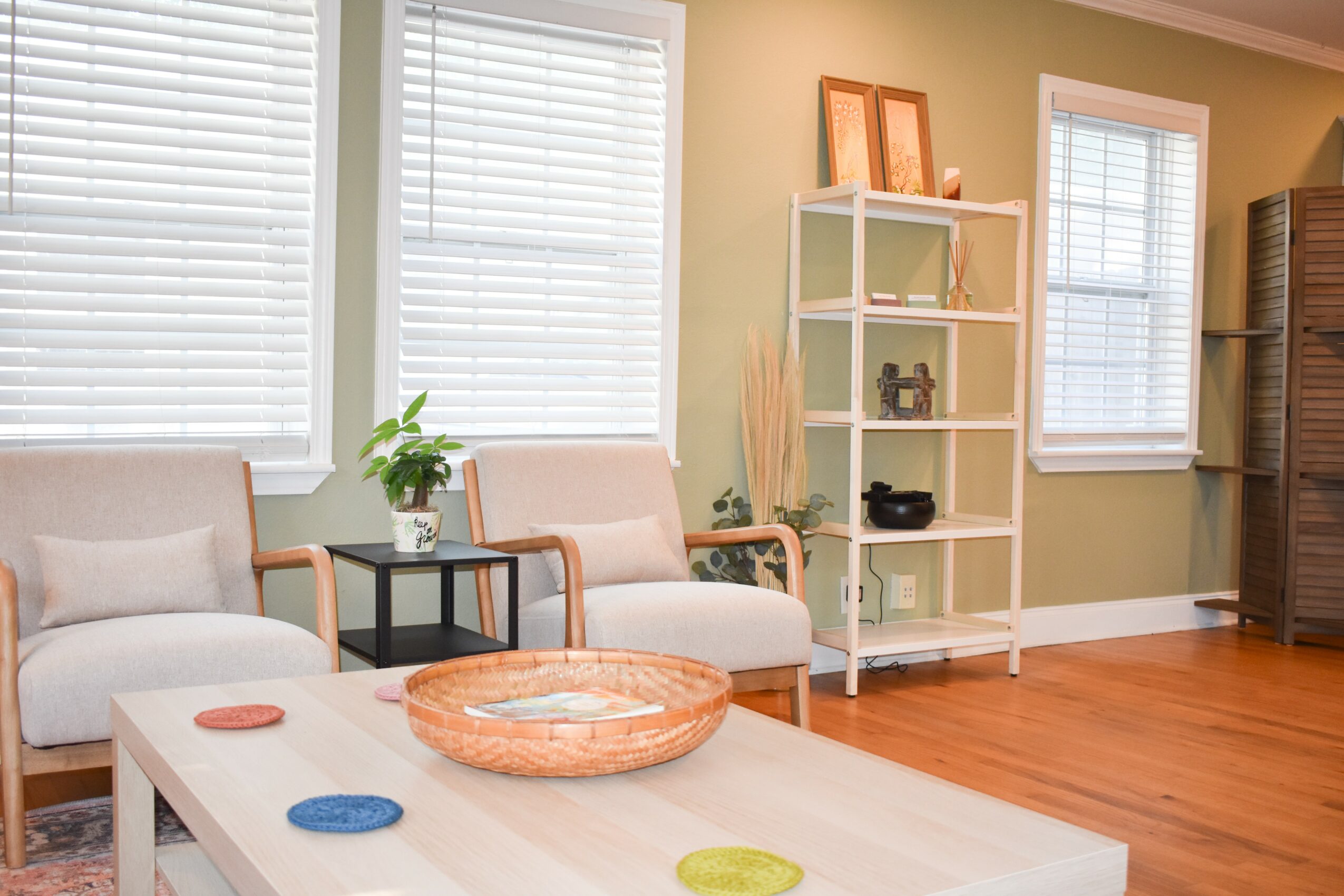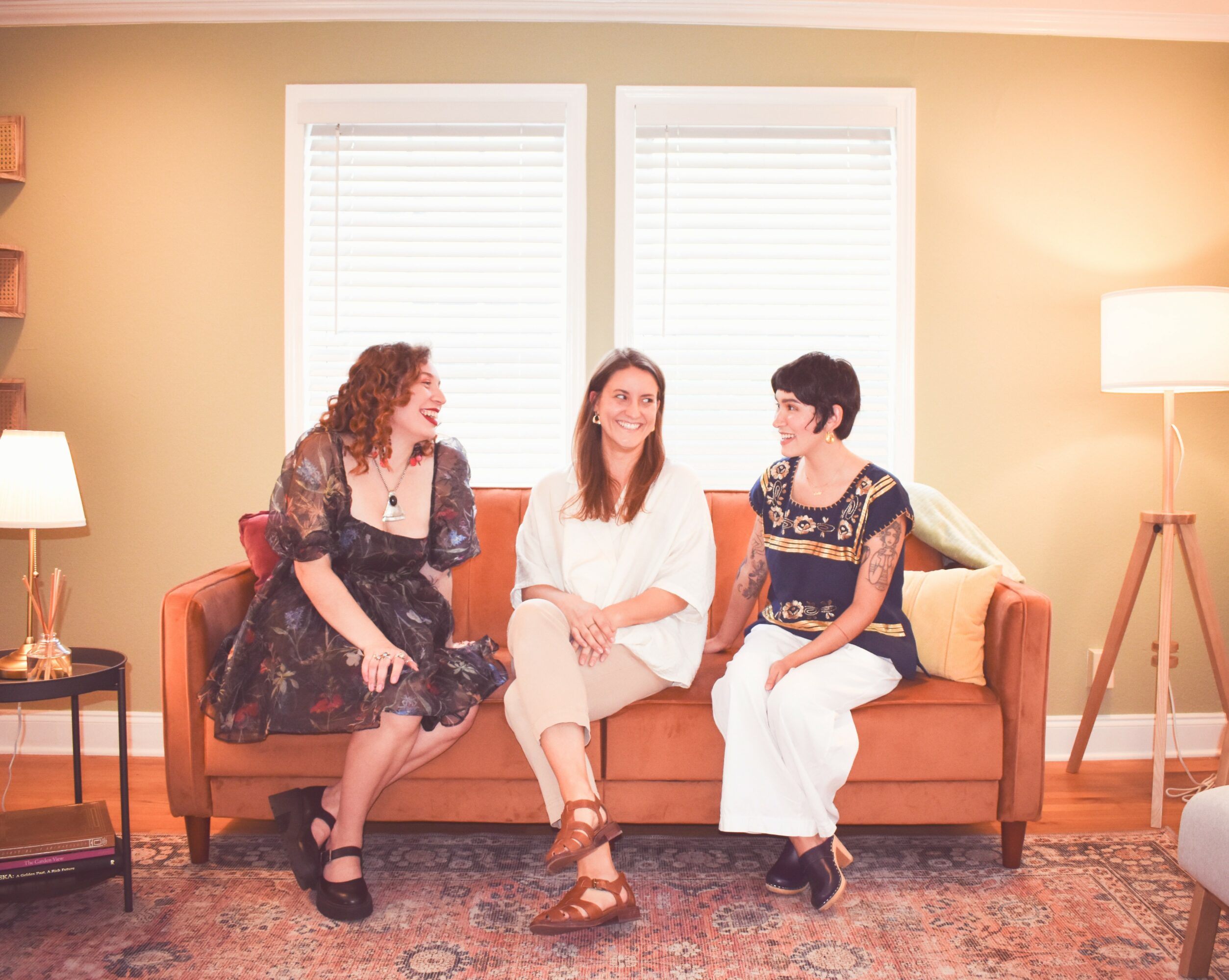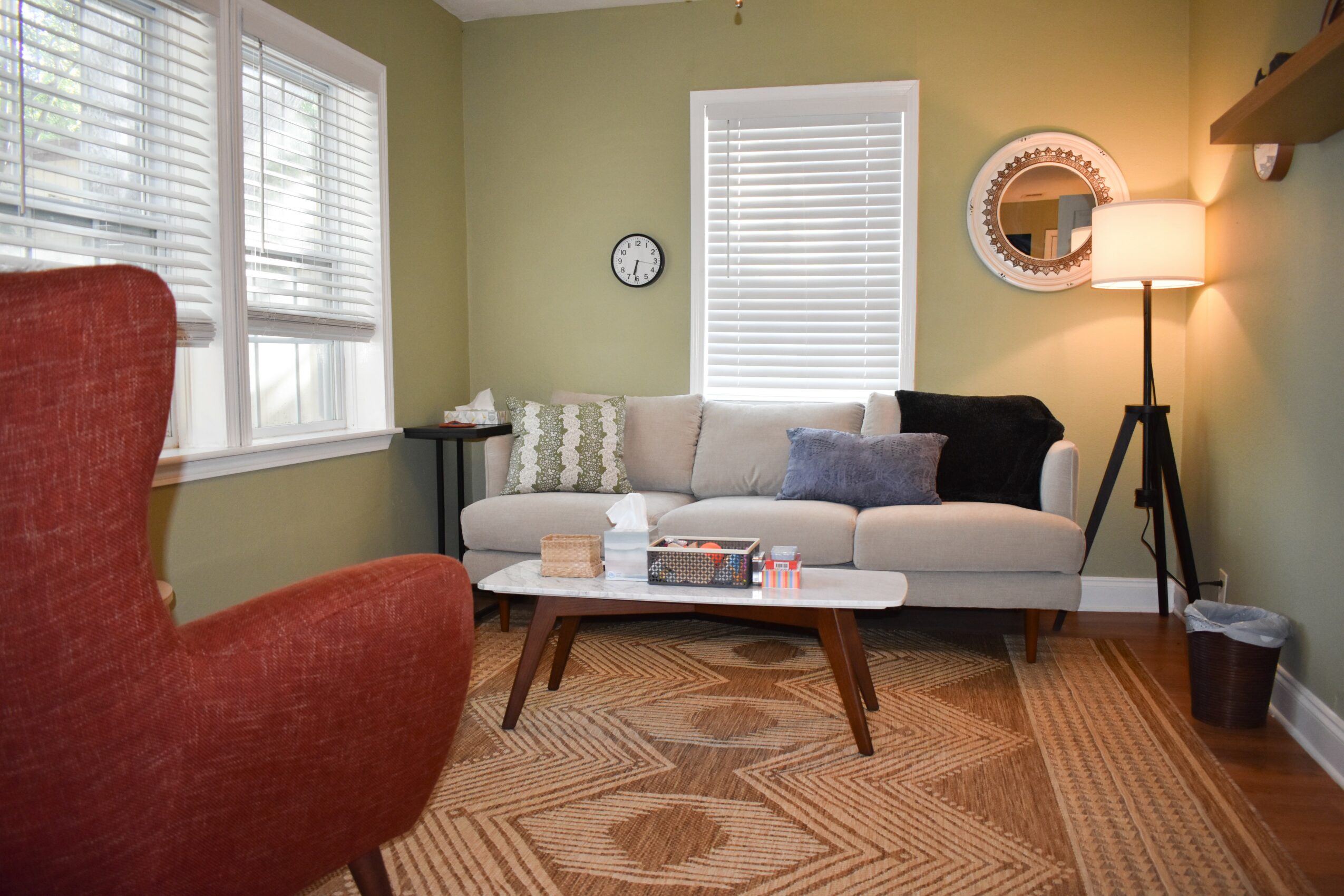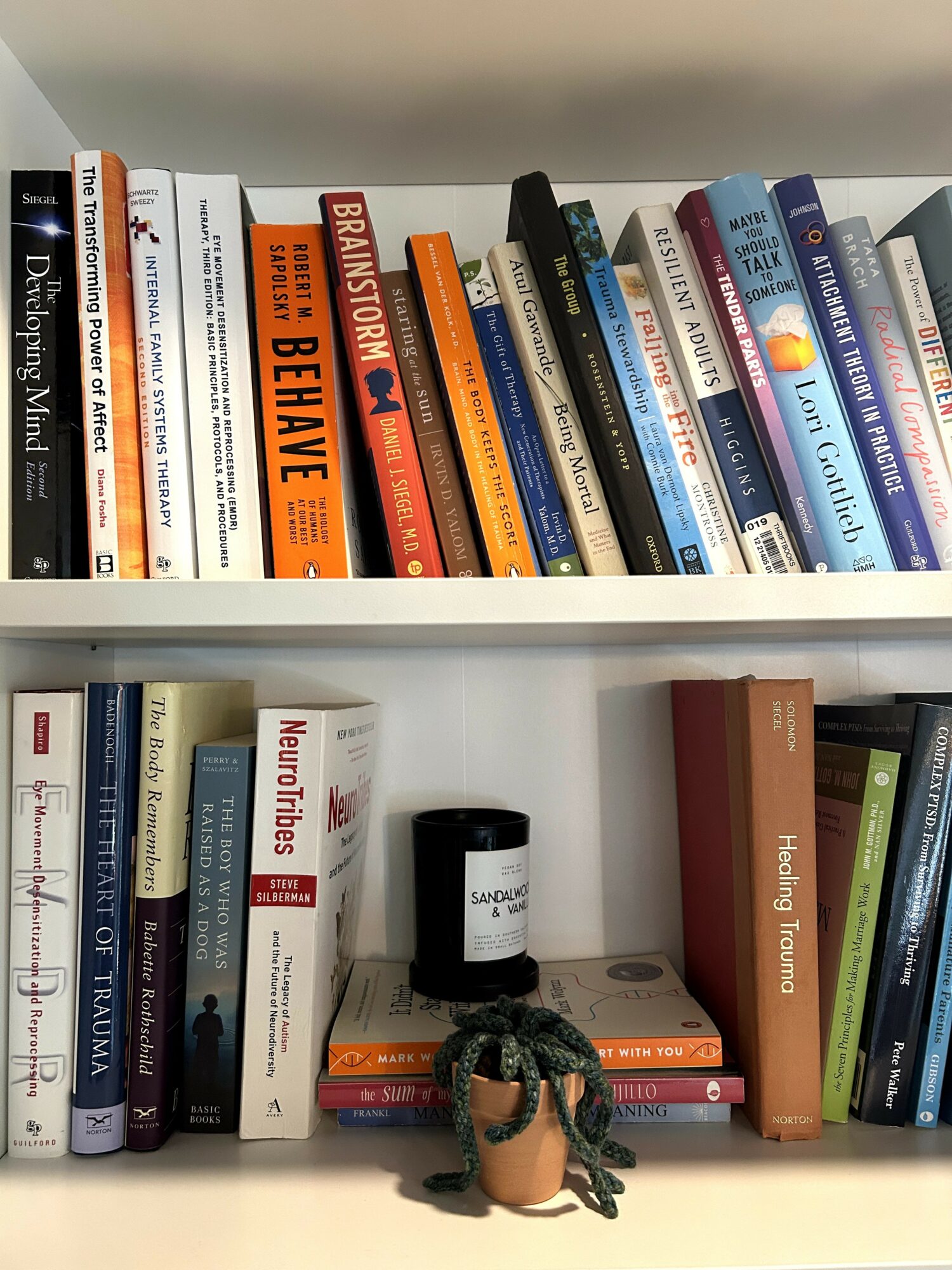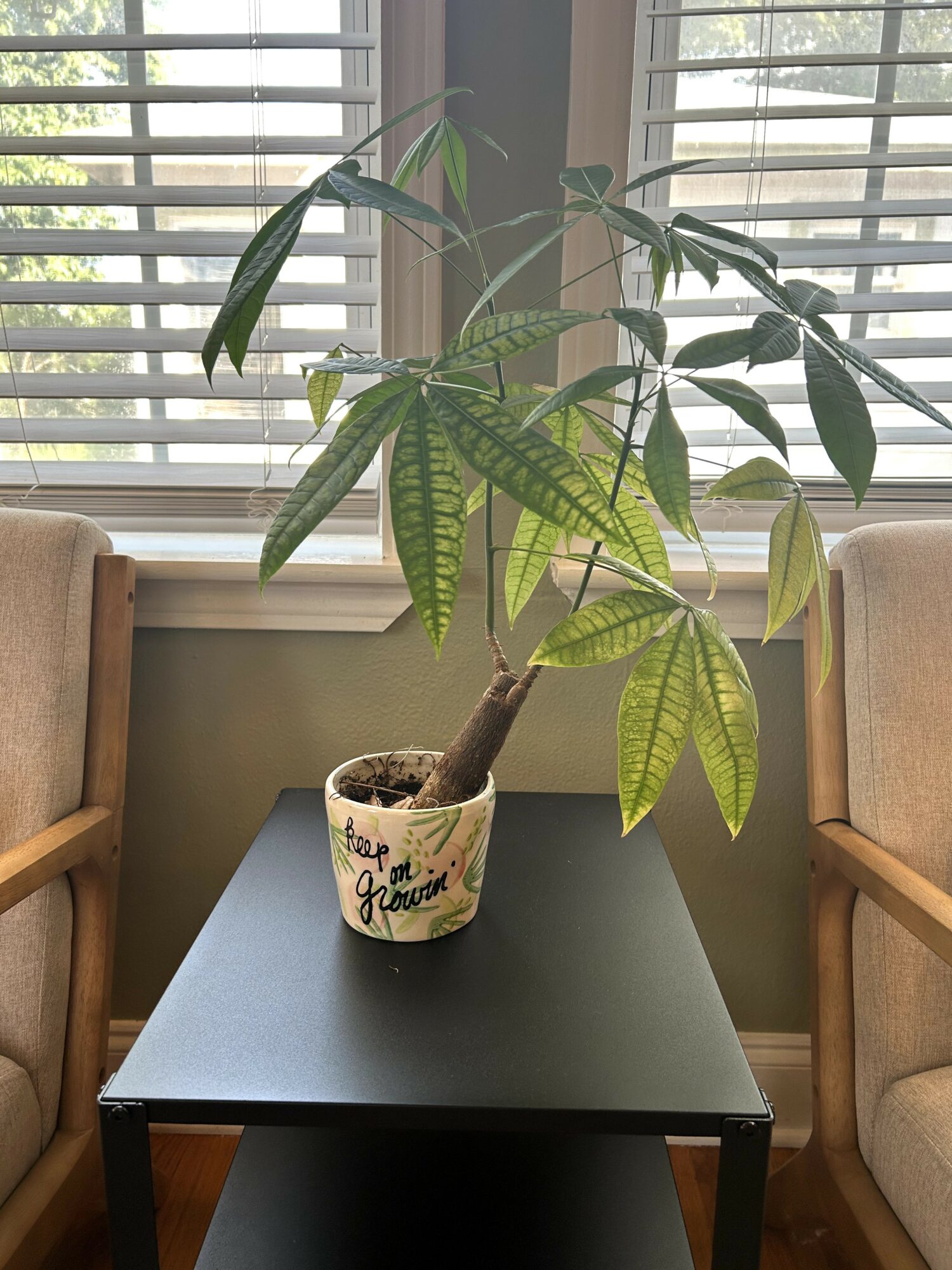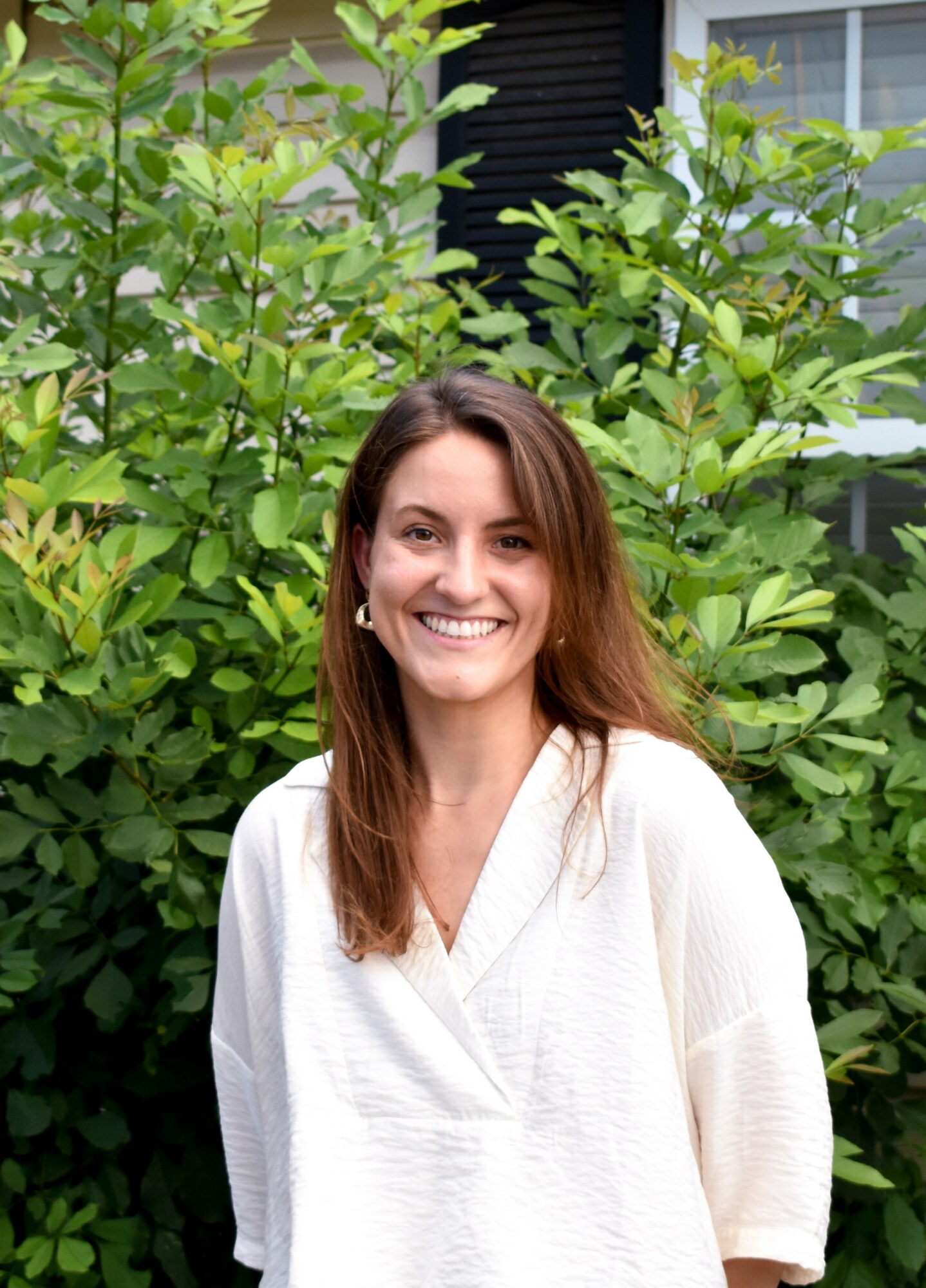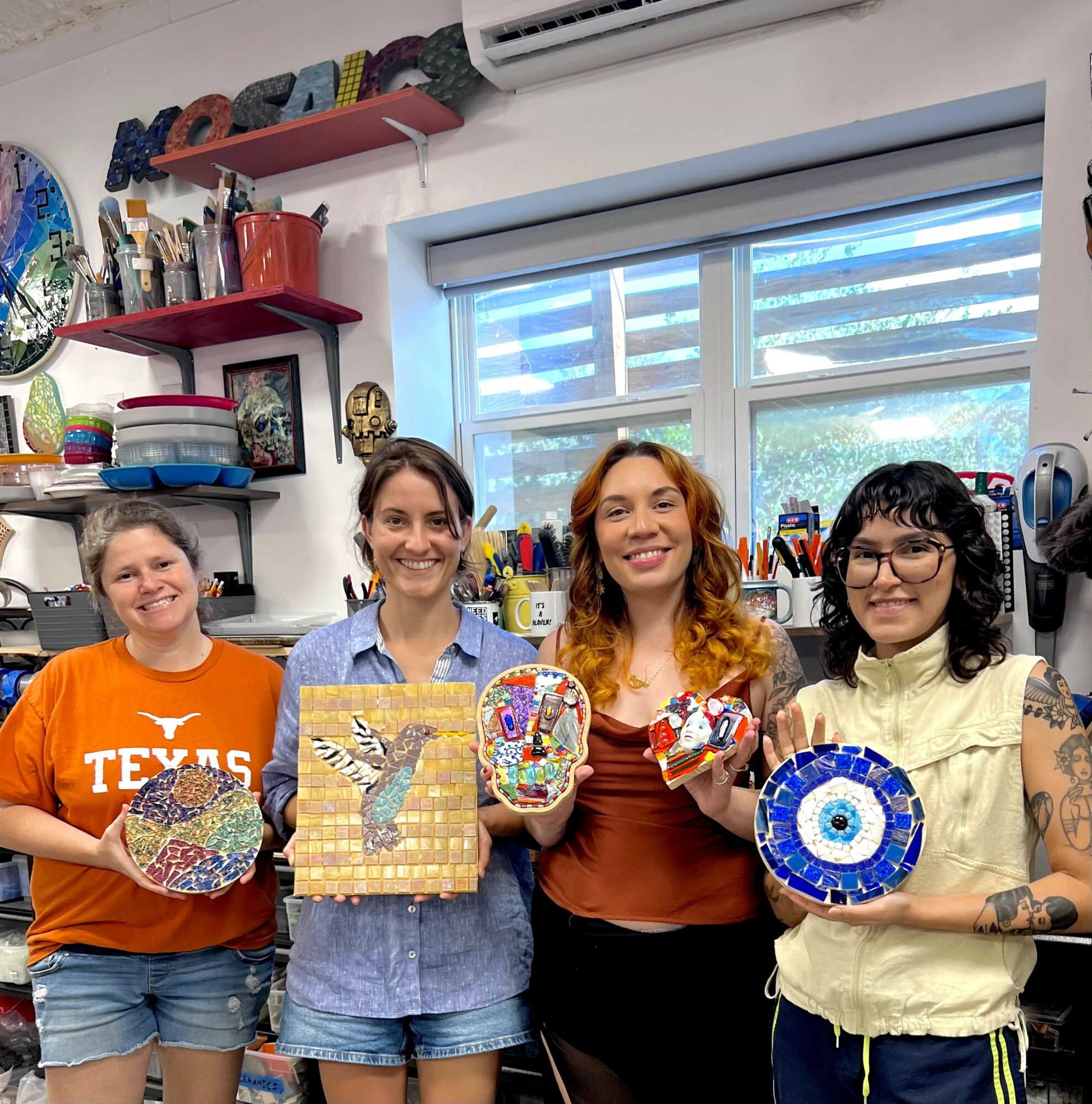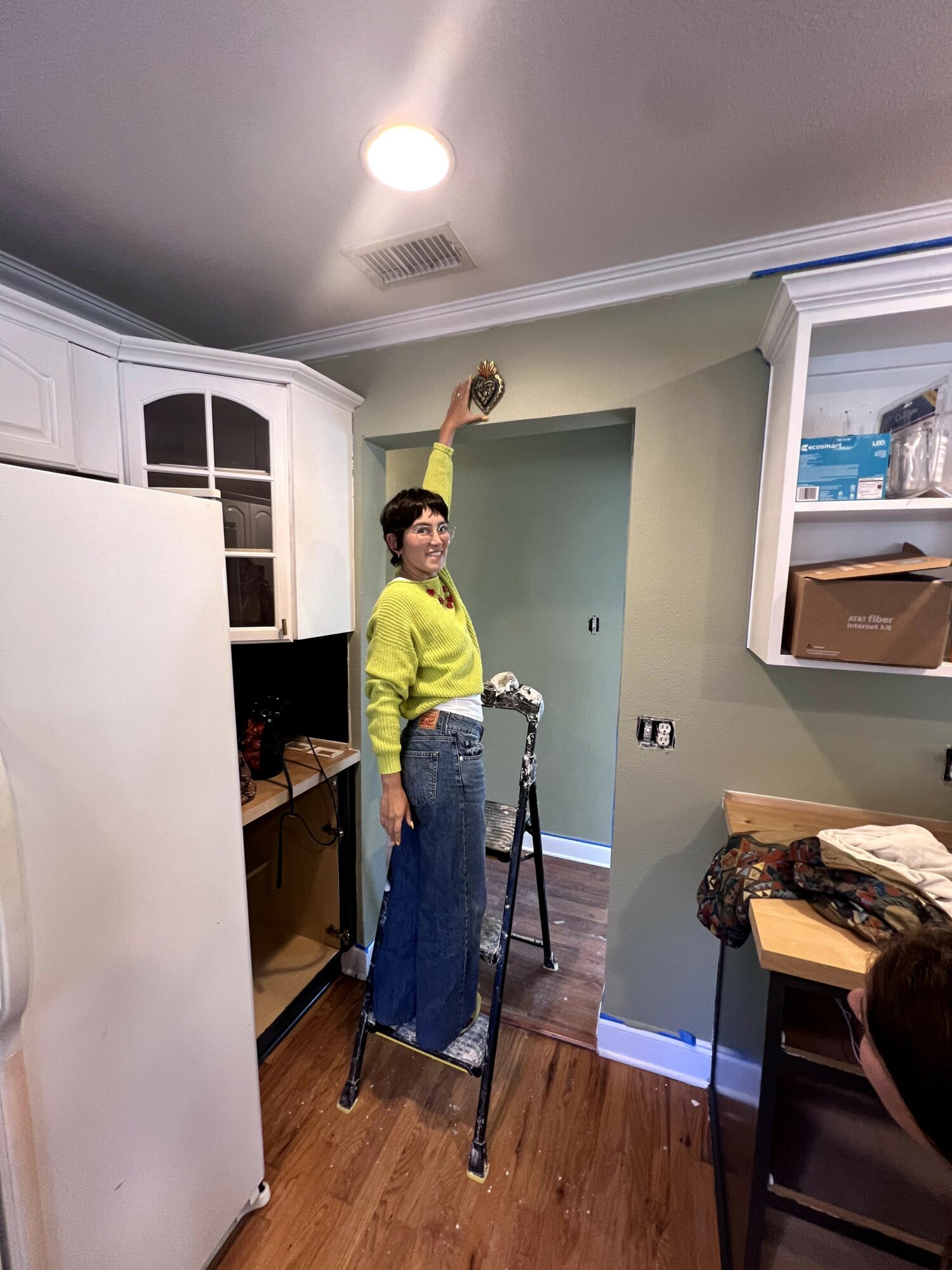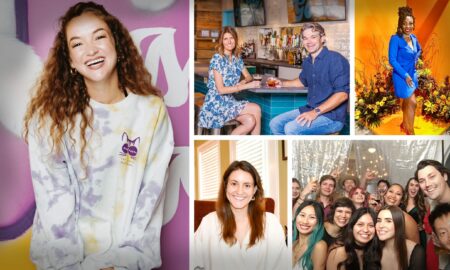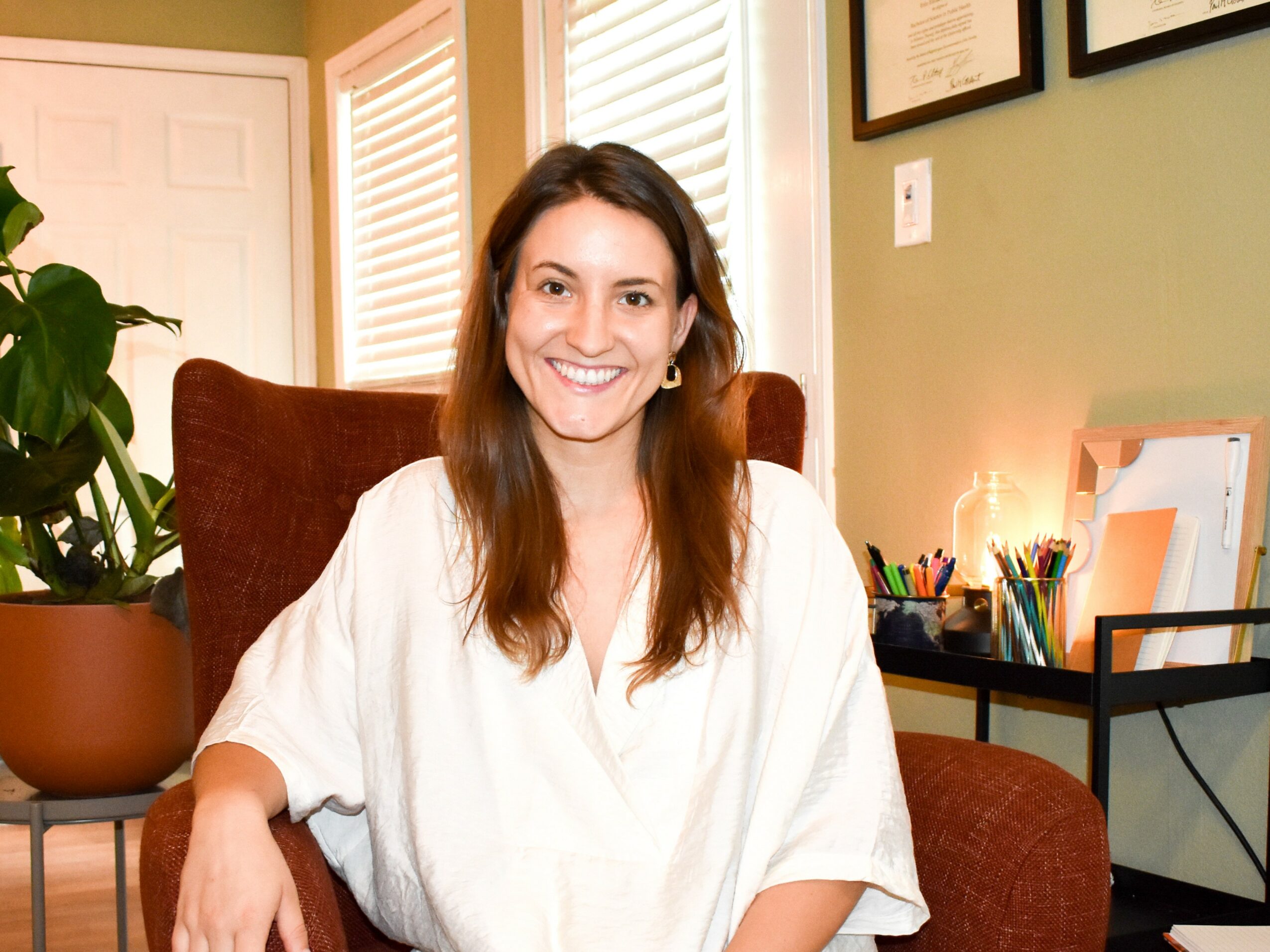

Today we’d like to introduce you to Erin Smith.
Hi Erin, thanks for joining us today. We’d love for you to start by introducing yourself.
When I finished my graduate counseling program, I messaged my mom to let her know. I remarked on how quickly those years felt like they had just gone by. And how I wasn’t sure I had enough training to actually be someone’s therapist. Her response was, “I think you have been training your whole life for this.”
Which felt true but surprising. Because I never wanted to be a therapist, at least I didn’t think so. I honestly hadn’t thought about it at all until my senior year of college. When I was feeling hopeless about all of the other options I had previously considered. And a fellow research assistant mentioned to me in the elevator that she was applying for graduate programs to be a therapist. Before that, I didn’t even know that was a thing. I thought at best you still had to pretend you wanted to do research and then go the clinical route. I’m pretty sure I went home and started working on applications that same day.
It was one of those things that found me. Something that I had never considered. But that made perfect sense.
Growing up, my dad was in the military. So, we moved around a lot. I was always navigating new places and people, trying to fit in with friend groups formed in diapers or quickly understand what was trendy where. When I moved from Alaska to Texas in high school, I very soon realized that my fur boots were no longer daily fashion. But what really got me through was that I was able to connect with people and build relationships. I was a good listener and a generally curious person. I also knew what it was like to feel alone. And I always wanted people to know that they had someone they could talk to. Who cared.
When I got to college, I had an idea that I wanted to go into the healthcare field. So I started volunteering and shadowing in clinics and hospitals. Unfortunately, at any sign of physical pain, I would get queasy and then pass out. I tried to push past it, often feeling my way down the hall into the restroom while unable to see through the blackout, but not wanting anyone to know that I was already half-unconscious. That wasn’t going to work.
What I did learn, though, was that I was really good at talking to people while they were in a crisis. Whether that be a family while their child was getting admitted to the emergency room, or a patient post-surgery, or another healthcare provider who was feeling overwhelmed by their work. So, I started shadowing psychiatrists and volunteering at the state hospital and working in a lab that was still using projective inkblot tests. And I thankfully stopped fainting.
My graduate program simultaneously felt like the easiest and hardest thing I have ever done. The material came naturally to me and I felt inspired to learn as much as I could. But at the same time, I was digging into my own psyche deeper than I ever had before. Identifying unhealed traumas and uncovering dysfunctional family dynamics and noticing relational patterns and defense mechanisms. “Mesearch,” as they so endearingly referred to it as.
But the way I see myself, and others, and the world has never been the same. Which I am grateful for everyday.
And I continue to feel just as passionate about people and mental health and learning and growing in this work as I did on my first day of graduate school. The reason for that being everyone who sits on my therapy couch, along with everyone in their lives, and everyone in theirs and so on and so forth. So that showing up in this small way, just two people vulnerably undoing aloneness together, can be really quite amazing.
Would you say it’s been a smooth road, and if not what are some of the biggest challenges you’ve faced along the way?
There have been many bumps in the road. Beginning with the pandemic completely interrupting and upending my graduate program. I did my entire first year of counseling internship online from my tiny one-bedroom apartment that ended up completely destroyed due to flooding during the 2021 ice storm in Austin. I remember moving into a new unit with what I had left, hooking my laptop up to a hotspot, and counseling folks through pandemic and political stress out of the corner of my makeshift living room.
The hardest struggle so far, though, actually came a little over a year ago. I had made the decision to go into private practice after trying out several jobs, none of which felt like they would be a good fit in the long-term. I knew it would be a leap, but I thought it would be worth it. I found an office and spent a month painting and cleaning and furnishing the place. The week that two other therapists were scheduled to join me there, I got a call that my mom had been in a really bad car accident and they didn’t know if she was going to make it.
My partner and I immediately drove 10hrs to be there. They first didn’t know if she’d make it through the night. Then the surgery. Then the days that followed.
But she did. Those days turned into weeks and she slowly started recovering. Meanwhile, I continued to see clients, just letting everyone know there was a family emergency and I needed to work virtually for the foreseeable future. With all of the new overhead costs I had recently taken on, I couldn’t afford not to work. Most days I was actually thankful for the distraction. Some days I was just really tired.
When we finally went back home later that summer, and things started to settle, I could feel the toll it had all taken on my body. And everyday felt hard for awhile. I began to question whether I had made the right decision starting my practice. And whether or not I could physically, mentally, or emotionally sustain it. But I kept showing up. And doing good work. And trying to rest and take care of myself and not push myself too hard.
And eventually, things went back to normal, or to their new normal. Which is where I find myself now, ready to open up to new opportunities and expansion after a period of slowing down. While also understanding now more than ever before how important balance is. And how I have no other choice but to flow with the nature of things rather than push against them. I have had to come to terms with the fact that I must surrender control and trust that my only job in this life is to keep going. To keep showing up. When I do that, I am capable of far more than I know.
Appreciate you sharing that. What should we know about Mind & Yours Psychotherapy?
I run a small group practice called Mind & Yours Psychotherapy and specialize in trauma-informed counseling for relationship issues. I am particularly interested in neuroscience and interpersonal neurobiology and utilize a systems-based framework with clients to better understand how they relate to their internal and external worlds, explore attachment patterns, and heal emotional wounds. My goal is ultimately to help people live intentional and authentic lives. Some of the clients I tend to work best with identify as highly sensitive, gifted, neurodivergent, creative, spiritual, and/or as generational cycle breakers.
I have also just recently restructured my group practice to function as a collective called Middleground Mental Health Collective. Mind & Yours Psychotherapy will soon function as my independent therapy practice within the collective along with other independently practicing mental health professionals. I wanted to offer providers a space to practice autonomously while also being in a supportive community with other clinicians who share similar values. This was hard to achieve within a traditional group practice structure. So, I am excited to be making this transition to a collective! I also believe that it allows for therapists to do this work authentically and sustainably. And therefore allows clients quality and consistent care.
How do you define success?
A professor in graduate school provided a metaphor in one of her lectures that has stayed with me. She shared that if you defined success as reaching the peak of a mountain off in the distance, and if you continued to move in that direction throughout your life, that even if by the end you have only reached the foothills, then you have lived a good life.
So, first I believe it is important to identify what is important to you. What you value now, and what you think you’ll value at the end of your life. To give you a direction to start in.
And it is okay if that changes over time. Most of us will venture down a path that takes us another way, or pause to hang out in one spot for a little while. But when we remember to look up, we can reorient and continue.
With the knowing at the end that we have spent our lives moving toward what felt important to us along the way.
I think that is success in this life.
Contact Info:
- Website: https://www.mindandyourspsychotherapy.com/
- Instagram: https://www.instagram.com/mind_and_yours/?hl=en
- Other: https://middlegroundmentalhealth.com/
